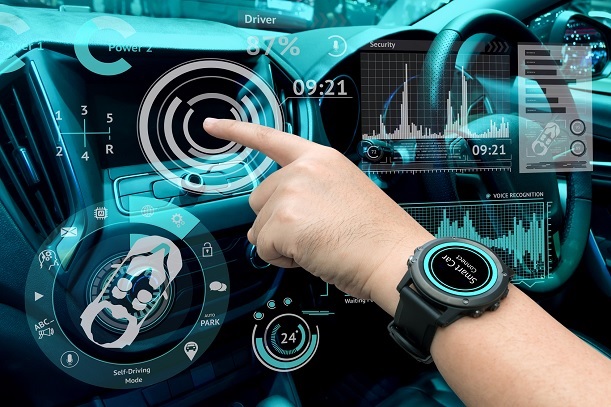Qualcomm has released a chipset for connected cars based on 3GPP cellular standards.
The 9150 Cellular Vehicle-to-Everything (C-V2X) chipset combines LTE network connectivity with direct communications in the internationally harmonised 5.9GHz band.
The cellular component is designed to support wireless support telematics, connected infotainment and a range of safety features, while the direct communications component is expected to be used for low latency transmissions within the car’s immediate surroundings to support safety features.
Also included is global navigation satellite system connectivity.
Qualcomm said the chipset would provide extended communication range, improved reliability and non-line-of-sight performance.
It will be included in Qualcomm’s dedicated solution, the C-V2X Reference Design, alongside an application processor running a computing stack and a hardware security module.
The chipset will be available for commercial sampling in the second half of 2018.
The C-V2X standards were completed in March 2017, with trials taking place throughout 2017 and 2018. It includes the radio layer specifications from 3GPP and application layers defined by the automotive industry to allow additional services and features.
Nakul Duggal, Vice President of Product Management, Qualcomm, said the introduction of the chipset demonstrated the company’s “continued commitment to design and offer advanced solutions for safe, connected and increasingly autonomous vehicles”.
He added: “With its strong synergy with telematics and an evolution towards 5G, C-V2X offers benefits to the automotive industry by developing new capabilities for improving road safety, and enhancing autonomous driving and advanced connected services, while building on the ITS momentum and investments made over the last decade.
“C-V2X is expected to support safer roads, increase productivity and decrease traffic congestion.”
Qualcomm will jointly test 5G and C-V2X technologies with LG during the first half of 2018.



